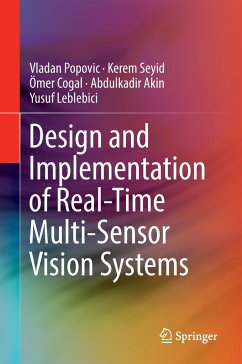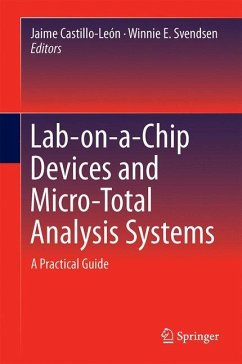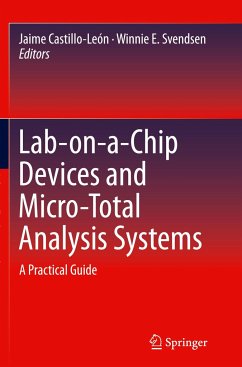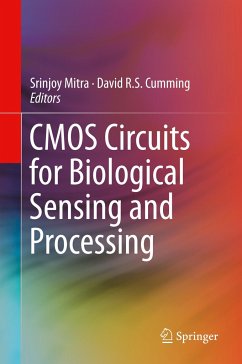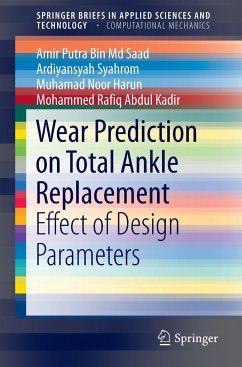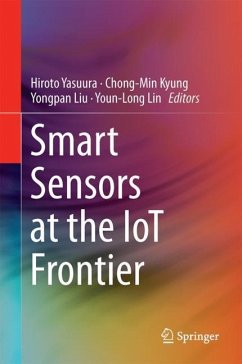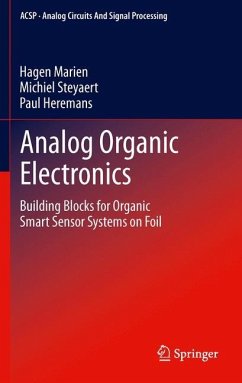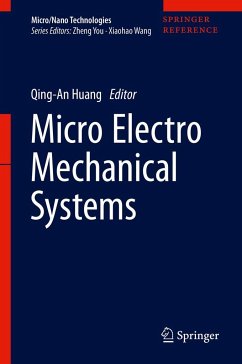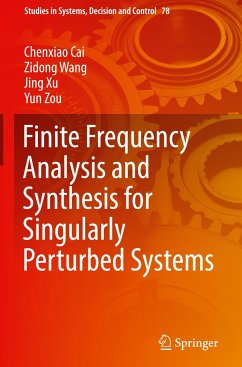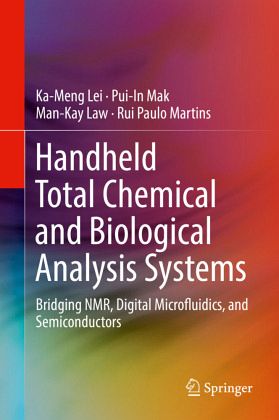
Handheld Total Chemical and Biological Analysis Systems
Bridging NMR, Digital Microfluidics, and Semiconductors
Versandkostenfrei!
Versandfertig in 6-10 Tagen
75,99 €
inkl. MwSt.
Weitere Ausgaben:

PAYBACK Punkte
38 °P sammeln!
The book Handheld Total Chemical and Biological Analysis Systems: Bridging NMR, Digital Microfluidics, and Semiconductors centers on the complete design of Nuclear Magnetic Resonance (NMR) microsystems for in vitro chemical and biological assays based on semiconductor chips and portable magnet. Different sensing mechanisms for CMOS in vitro assay are compared, key design criteria of the CMOS transceiver for NMR measurement are revealed, and system-level optimizations of the CMOS NMR platform utilizing digital microfluidic and diverse functions of the CMOS technology are discussed. Two CMOS NMR...
The book Handheld Total Chemical and Biological Analysis Systems: Bridging NMR, Digital Microfluidics, and Semiconductors centers on the complete design of Nuclear Magnetic Resonance (NMR) microsystems for in vitro chemical and biological assays based on semiconductor chips and portable magnet. Different sensing mechanisms for CMOS in vitro assay are compared, key design criteria of the CMOS transceiver for NMR measurement are revealed, and system-level optimizations of the CMOS NMR platform utilizing digital microfluidic and diverse functions of the CMOS technology are discussed. Two CMOS NMR platforms are implemented, each of these focuses on different aspect of optimization.



